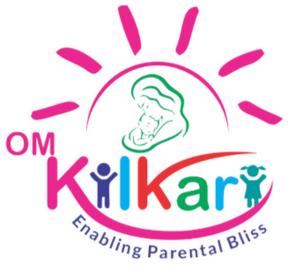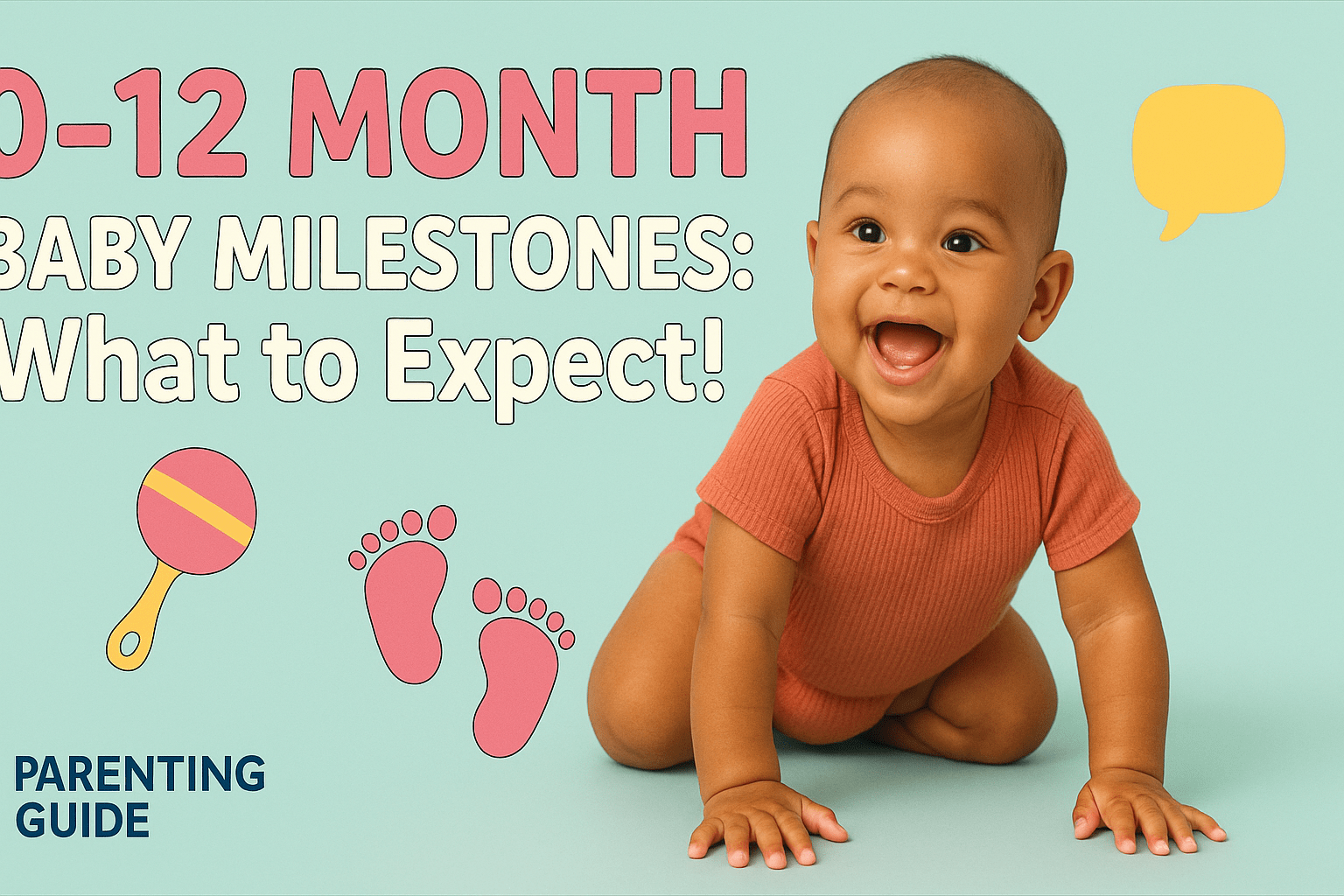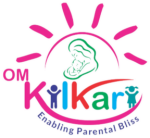Welcoming a newborn into the world is an exciting journey filled with rapid growth and development. The first year of a baby’s life is marked by incredible physical and cognitive milestones that shape their future abilities. As a parent or caregiver, understanding these developmental stages helps you support your infant’s growth effectively.
In this comprehensive guide, we’ll explore the key physical and cognitive milestones from 0 to 12 months, offering insights into what to expect and how to encourage healthy development.
Why the First Year is Crucial for Development
The first 12 months are a period of remarkable transformation. Babies go from being completely dependent newborns to active, curious infants who may start walking or saying their first words.
- Physical Development: Includes motor skills like lifting the head, rolling over, crawling, and walking.
- Cognitive Development: Involves learning, memory, problem-solving, and communication skills.
Tracking these milestones ensures your baby is progressing healthily while allowing early detection of potential delays.
Month-by-Month Breakdown of Infant Milestones
Newborn to 1 Month: The Adjustment Phase
Physical Milestones:
- Reflexes: Strong grasp reflex, rooting (turning head toward touch), and sucking.
- Movement: Jerky arm and leg motions; can briefly lift the head when on the tummy.
- Vision: Focuses on objects 8-12 inches away (parent’s face).
Cognitive Milestones:
- Recognizes parents’ voices and smells.
- Startles at loud noises (Moro reflex).
- Begins to follow objects with eyes briefly.
How to Support Development:
- Engage in skin-to-skin contact for bonding.
- Use high-contrast black-and-white toys to stimulate vision.
- Talk and sing to your baby to encourage auditory development.
2-3 Months: Increased Awareness & Interaction
Physical Milestones:
- Holds head up more steadily during tummy time.
- Opens and closes hands; may swipe at dangling objects.
- Kicks legs and moves arms more smoothly.
Cognitive Milestones:
- Smiles socially (around 6-8 weeks).
- Coos and makes vowel sounds (“ah,” “oh”).
- Follows moving objects with eyes (tracking).
How to Support Development:
- Increase tummy time (3-5 minutes, multiple times a day).
- Introduce rattles and soft toys to encourage grasping.
- Respond to coos to promote early communication.
4-6 Months: Exploring Movement & Sounds
Physical Milestones:
- Rolls over (front to back, then back to front).
- Sits with support, then independently by 6 months.
- Reaches for and grabs objects; brings them to mouth.
Cognitive Milestones:
- Recognizes familiar faces and reacts to strangers.
- Babbles consonants (“ba,” “da,” “ma”).
- Shows curiosity by looking around and reaching for things.
How to Support Development:
- Provide teething toys as babies explore orally.
- Play peek-a-boo to develop object permanence.
- Encourage sitting with supportive pillows.
7-9 Months: Crawling & Problem-Solving
Physical Milestones:
- Begins to crawl (some babies scoot or army crawl first).
- Pulls to stand while holding furniture.
- Develops pincer grasp (thumb and forefinger).
Cognitive Milestones:
- Understands simple words like “no” or “bye-bye.”
- Looks for hidden objects (early problem-solving).
- Imitates sounds and gestures (clapping, waving).
How to Support Development:
- Create a safe crawling space with soft flooring.
- Offer finger foods to improve fine motor skills.
- Read board books to boost language recognition.
10-12 Months: Standing, Walking & First Words
Physical Milestones:
- Cruises along furniture; may take first independent steps.
- Feeds self with fingers; drinks from a sippy cup.
- Stacks blocks or puts objects into containers.
Cognitive Milestones:
- Says 1-2 simple words (“mama,” “dada”).
- Follows simple instructions (“Give me the ball”).
- Shows preferences for toys or people.
How to Support Development:
- Encourage walking with push toys.
- Introduce shape sorters for problem-solving.
- Label objects to expand vocabulary (“This is a cup”).
Red Flags: When to Consult a Pediatrician
While every baby develops at their own pace, certain delays may require professional evaluation:
- No social smiling by 3 months.
- Not rolling over by 6 months.
- No babbling by 9 months.
- Not crawling or standing with support by 12 months.
Early intervention can address potential developmental concerns.
Tips to Boost Infant Development
- Encourage Tummy Time Daily – Strengthens neck and shoulder muscles.
- Talk & Sing Frequently – Enhances language skills.
- Provide Sensory Play – Textured toys, water play, and music stimulate senses.
- Read Together – Builds early literacy and bonding.
- Allow Safe Exploration – Let babies touch, drop, and explore (under supervision).
Conclusion: Celebrating Each Milestone
The first year is a whirlwind of growth—from a sleepy newborn to an active, babbling one-year-old! By understanding physical and cognitive milestones, you can better support your baby’s development while cherishing each precious stage.
Did your baby reach any milestones early or in their own unique way? Share your experiences in the comments!


